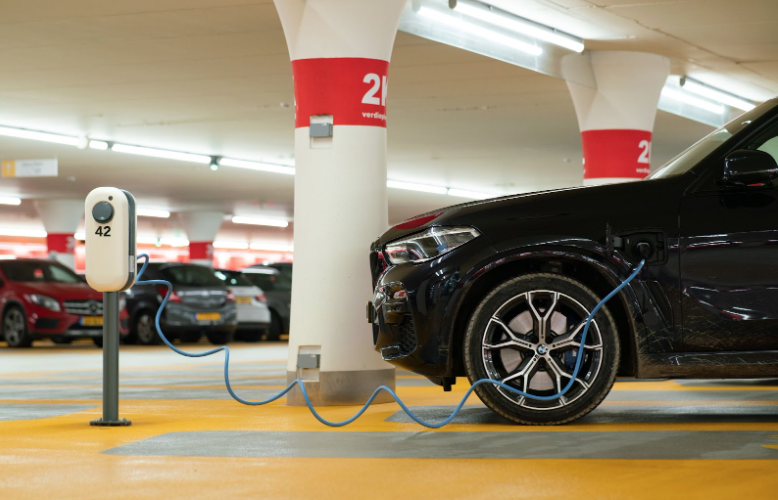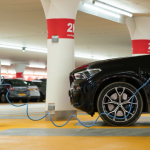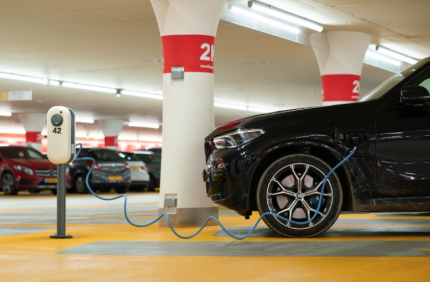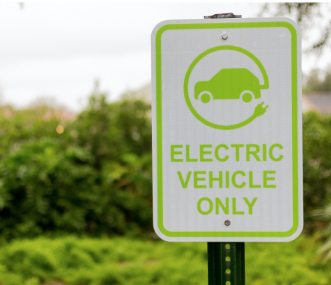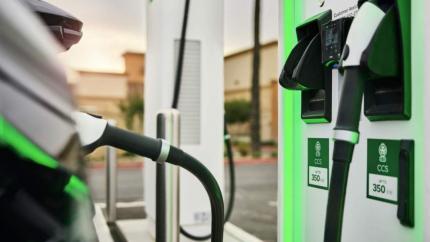Who’s leading the momentum in electric vehicle market growth? They’ve probably got an oat milk latte in hand, or maybe they’re watching videos on TikTok for hours before bed.
You guessed it: Gen Z and millennials are supporting the charge towards a more sustainable electric future.
In fact, one-third of Gen Z vehicle owners surveyed by West Monroe report that they own an electric vehicle, and two out of three Millennials plan to purchase an electric car for their next vehicle.
However, we actually have Baby Boomers and Gen X (individuals born between 1965 and 1980) to thank for purchasing a greater range of greener vehicles in general, including hybrid, electric, plug-in hybrid and fuel cell vehicles.
Navigating Generational Divides
Now, with Gen Z and Millenials’ highly connected upbringing and more globalized education thanks to the internet, why aren’t they buying up as wide a range of green vehicles as Gen X or the baby boomer generation?
TrueCar data attributes this disparity to the cost of electric and hybrid vehicles. Because most EVs are more expensive than a traditional gas-powered car, purchases are heavily tied to income level. Naturally, that gives Boomers and Gen X an edge, as they have more life experience, longer careers and thus time to save up for multiple EV or hybrid investments.
Location and living situation also play a role when deciding whether to go electric.
For example, a young professional or Gen Z student might live in a 6th floor walk-up without consistent parking, or in a rural college town lacking charging stations. In contrast, many homeowners with garages enjoy the advantage of charging from home overnight. Others rely heavily on public charging stations, which can be few and far between in suburban areas.
When investigating the impact of generational differences on EV purchases, it’s also relevant to consider whether the purchase is driven by lifestyle choice or cost-effectiveness.
Per AP News, 84% of millennials consider purchasing EVs less for their sustainability and more for the state and national financial incentives like tax credits and rebates.
In contrast, many of the surveyed Gen Xers and Zers expressed a concern for the environment and hoped to purchase a car that could relieve the burden of emissions on our ozone. Regardless of motivation, populations everywhere are feeling more compelled than ever to select an EV.
Bridging the Gap
Though all generations – from baby boomers to Gen Z – agree that electric vehicles are the future, they share a fundamental concern for charging station availability. As more electric vehicle models are introduced and demand increases, many hope that the charging infrastructure will be prioritized accordingly.
Additionally, AP News emphasizes that more widespread education on EV technology is necessary.
Most people don’t know the battery range, vehicle sizes or model choices available for electric vehicles – all of which are defining factors when purchasing a car.
Awareness, charging infrastructure and stricter emissions regulations should help drive sales and reduce sticker prices. The Fuels Institute and Electric Vehicle Council predict that these initiativesalong with federal investment, will broaden current EV buyer demographics from middle-aged white men to one more representative of the US population.
What are your thoughts on the EV generational divide? How do you think the state of clean fuel vehicle purchases will develop in the coming years? Contact Inspire Advanced Transportation and let us know.
